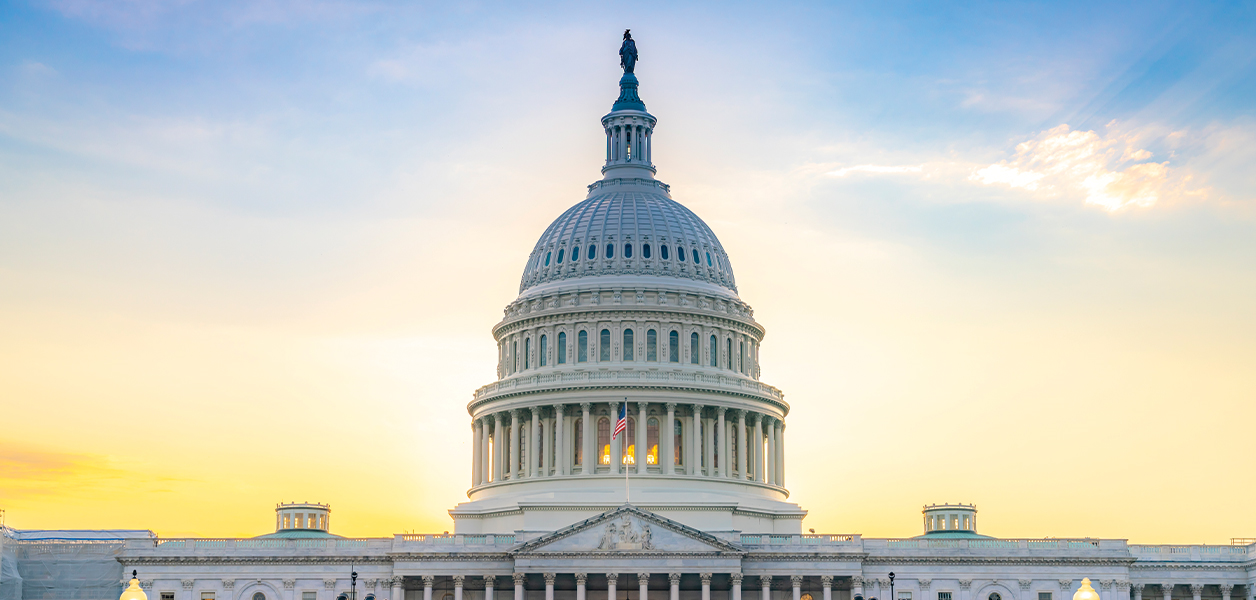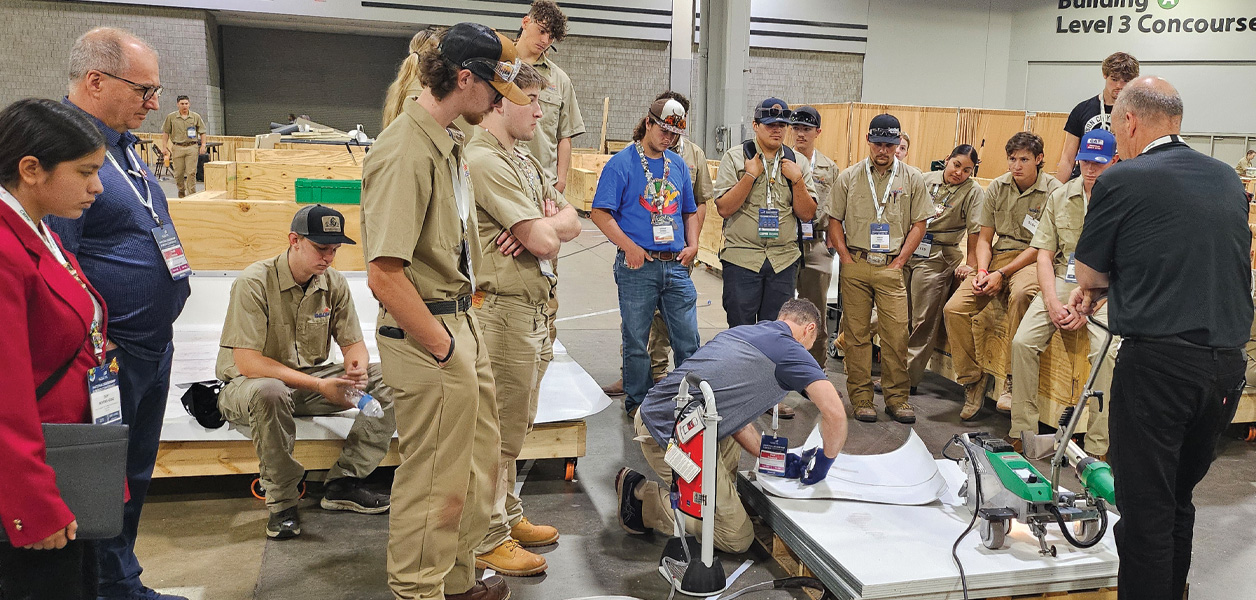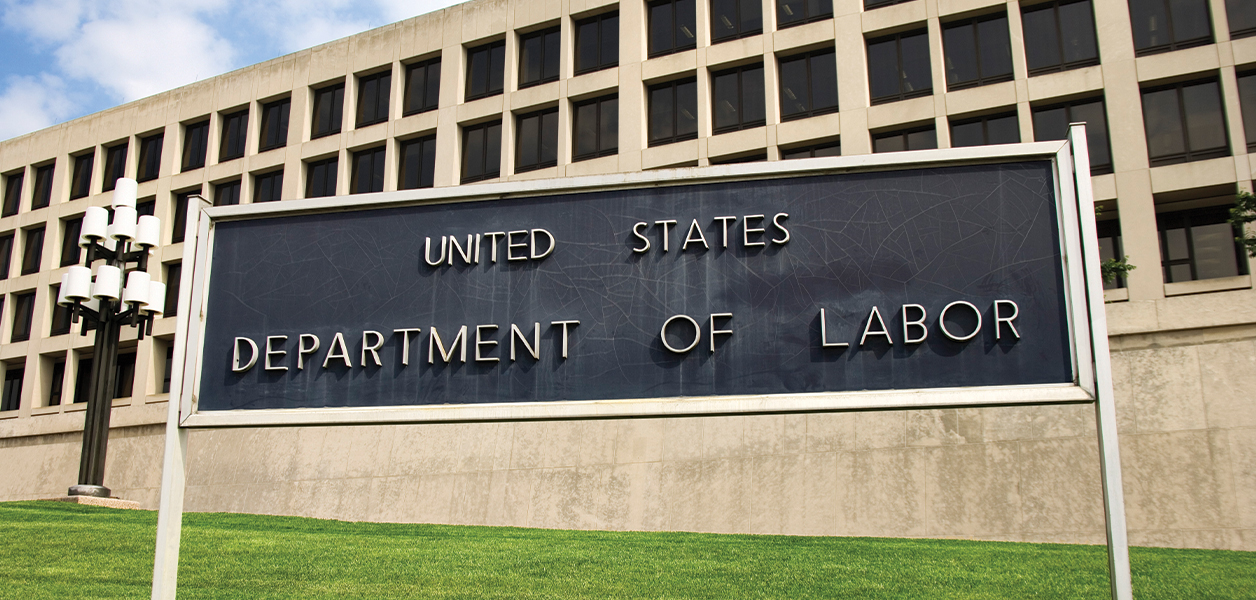Trump administration releases unified regulatory agenda
The Trump administration released its Spring 2025 Unified Regulatory Agenda of Regulatory and Deregulatory Actions, which contains a comprehensive list of regulatory objectives at agencies across the federal government. Regarding items of interest to the roofing industry, the agenda notes the administration is currently reviewing comments submitted regarding the Occupational Safety and Health Administration’s proposed rule on Heat Injury and Illness Prevention and intends to “develop a final rule that adequately protects workers, is feasible for employers, and is based on the best available evidence.” It also indicates the Department of Labor intends to rescind the 2024 Independent Contractor Final Rule, which is currently under threat of several pending legal challenges, and replace it with a proposed rule that will provide more flexibility in the classification of independent contractors. DOL also plans to move forward with a proposed rule to clarify the definition of a joint employer under federal law. NRCA will continue engaging with the administration as it moves forward regarding these and other regulatory matters.
DHS terminates Temporary Protected Status for Venezuela but is blocked by court
On Sept. 3, the Department of Homeland Security announced a decision to end Temporary Protected Status for more than 250,000 Venezuelans working in the U.S. under a TPS designation for Venezuela made in 2021. Under this decision, TPS was set to expire Sept. 10 with termination of work permits taking effect Nov. 7. However, on Sept. 5, a federal judge issued a ruling that temporarily blocks the Sept. 3 decision along with a separate termination of TPS for Venezuelans issued earlier this year and a termination of TPS for Haiti issued by DHS in July.
The judge in the case effectively ruled DHS did not follow statutory rules for terminations of TPS in these three instances. The ruling allows individuals from Venezuela and Haiti with TPS to continue living and working in the U.S. pending further litigation, as the case is expected to be appealed by the Trump administration. Companies employing affected individuals are encouraged to consult with legal counsel with respect to the status of employee work authorizations.
NRCA joins U.S. Chamber of Commerce in letter to support comprehensive permitting reform
On Sept. 2, NRCA joined with the U.S. Chamber of Commerce and more than 500 organizations in a letter to Congress to support comprehensive permitting reform. The letter urged legislators to take meaningful action to modernize the U.S.’ permitting systems so our communities can build the infrastructure necessary to grow our economy, create well-paying jobs and meet current and future challenges. The coalition stated this legislation should focus on four key pillars:
- Predictability: Clear timelines and scope for project reviews
- Efficiency: Improved interagency coordination to optimize resources
- Transparency: Accessible visibility into project milestones and schedules
- Stakeholder input: Consistent opportunities for input from all relevant parties
President announces changes to reciprocal tariffs and procedures for implementing trade agreements as Supreme Court agrees to hear legal challenges
On Sept. 5, President Trump signed an Executive Order modifying the scope of reciprocal tariffs first announced April 2 and establishing procedures for implementing trade agreements. The order revises Annex II to adjust which goods are subject to reciprocal tariffs. Certain bullion-related, pharmaceutical and critical mineral products were excluded, while some aluminum hydroxide, resin and silicone products were newly included. These changes took effect Sept. 8. The order also creates a “Potential Tariff Adjustments for Aligned Partners” Annex. Products on this list—such as aircraft parts, certain pharmaceuticals, scarce natural resources and specific agricultural products—may receive reduced tariffs if a partner country reaches a reciprocal trade and security agreement with the U.S. On Sept. 9, the Supreme Court agreed to fast-track a case challenging President Donald Trump’s use of emergency powers to use reciprocal tariffs, which potentially sets the stage for the justices to rule by the end of the year. The court set oral arguments for the first week of November.
U.S.-Japan trade agreement is signed
On Sept. 8, President Trump signed an Executive Order implementing the U.S.-Japan Framework Agreement announced earlier this summer. The agreement includes new market access, reciprocal tariffs and investment commitments. Japan committed to purchasing $8 billion in U.S. agricultural products and $7 billion annually in U.S. energy, along with increased rice imports and recognition of U.S. automotive standards. The U.S. will apply a 15% baseline tariff on most Japanese imports, with sector-specific treatment for products such as steel, aluminum and pharmaceuticals. Japan pledged $550 billion in U.S. investments across key industries, including semiconductors, critical minerals, shipbuilding, energy and advanced technologies.





